Socializing your dog in an urban environment can be a challenging task for any dog owner. With the hustle and bustle of city life, dogs are constantly exposed to new sounds, sights, and smells that can be overwhelming. However, socialization is a crucial aspect of a dog's development and is essential to their overall well-being.
Urban environments can present unique challenges for socializing dogs. For example, dogs may encounter more people, other dogs, and distractions in a city than they would in a rural environment. Additionally, the lack of green spaces and outdoor areas may make it difficult for dogs to engage in certain activities that are essential to their socialization, such as off-leash play. Despite these challenges, there are many strategies that dog owners can use to socialize their dogs in an urban environment.
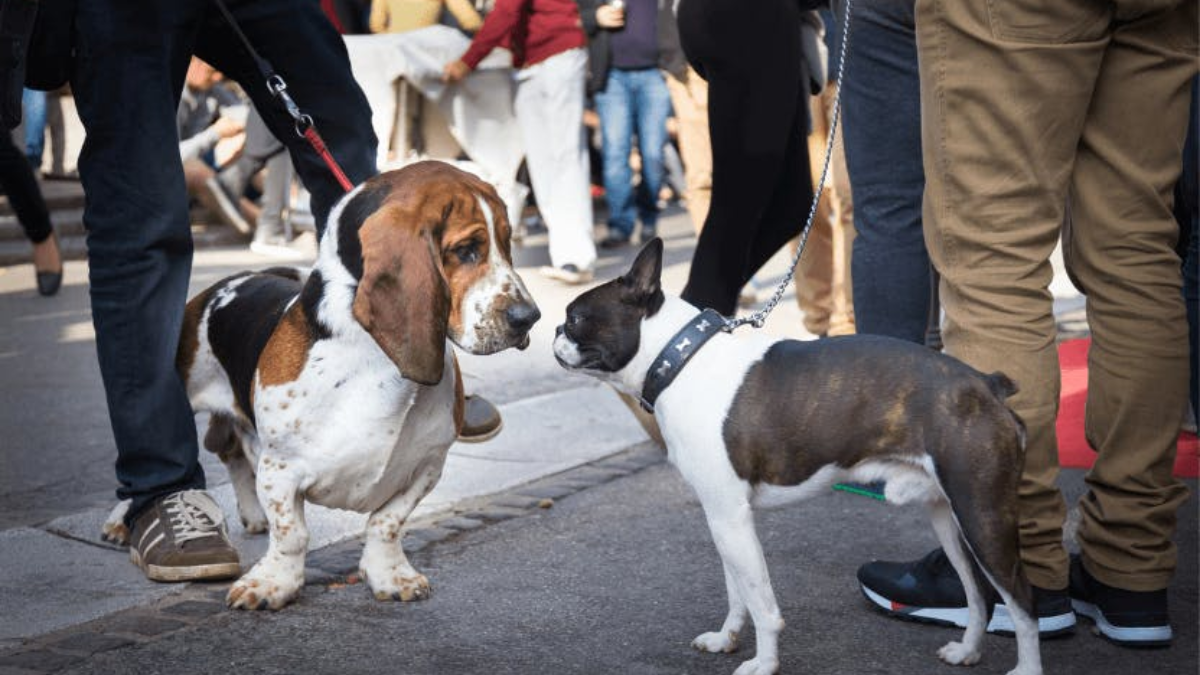
Understanding Dog Socialization
Socializing your dog is an essential aspect of its overall well-being. Socialization is the process of introducing your dog to different people, animals, and environments, making it comfortable and confident in different situations. Dog socialization is especially crucial in an urban environment, where dogs are exposed to a lot of stimuli.
Benefits of Socializing Your Dog
Socializing your dog has numerous benefits, including:
- Reducing fear and anxiety: Socialized dogs are less likely to be anxious or fearful in new situations since they are used to being around new people, animals, and environments.
- Reducing aggression: Dogs that are not socialized are more likely to display aggressive behavior towards people or other dogs.
- Improving obedience: Socialized dogs are easier to train and respond better to commands.
- Improving overall well-being: Socialized dogs are happier and more confident, leading to a better quality of life.
Critical Socialization Periods
Dogs have critical socialization periods, which are periods during their development when they are most receptive to new experiences. These periods are crucial for socializing your dog and ensuring it grows up to be a well-adjusted and confident adult dog.

The critical socialization periods for dogs are:
- 3 to 14 weeks: During this period, puppies are most receptive to new experiences and are learning about the world around them. It is crucial to expose them to different people, animals, and environments during this period.
- 14 to 16 weeks: This period is still an essential time for socializing your puppy, but they may be more cautious and fearful of new experiences.
- 4 to 6 months: During this period, your puppy may become more independent and less interested in socializing with new people and animals. It is still important to continue socializing with your puppy during this period.
In conclusion, socializing your dog is essential for its overall well-being, especially in an urban environment. By understanding the benefits of socialization and the critical socialization periods, you can ensure your dog grows up to be a confident and well-adjusted adult dog.
Preparing for Urban Socialization
Before socializing your dog in an urban environment, it's important to take some necessary steps to ensure a successful experience. This includes assessing your dog's temperament and providing essential training before exposing them to new situations.
Assessing Your Dog's Temperament
Not all dogs are suited for urban socialization. It's important to assess your dog's temperament before taking them to a busy city environment. Some dogs may become anxious or aggressive in crowded areas, while others may be more adaptable.
Assessing your dog's temperament includes observing their behavior in different situations and around other dogs and people. If your dog shows signs of fear or aggression, it's important to work on these behaviors before exposing them to a new environment.
Essential Training Before Socializing
Before socializing your dog in an urban environment, it's important to ensure they have essential training. This includes basic obedience commands such as "sit," "stay," and "come," as well as leash training.
Leash training is especially important in an urban environment where there may be many distractions. Your dog should be able to walk calmly on a leash without pulling or becoming overly excited.
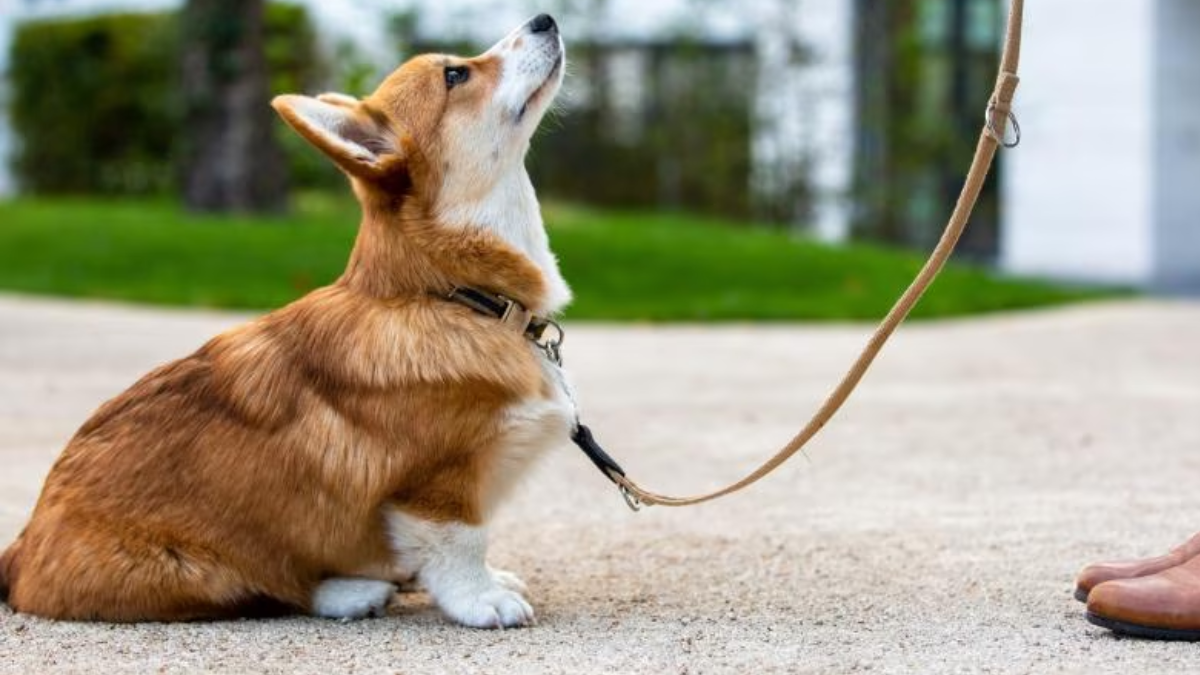
Additionally, it's important to teach your dog appropriate socialization skills. This includes teaching them to greet other dogs and people politely, without jumping or lunging.
By preparing your dog for urban socialization through temperament assessment and essential training, you can help ensure a positive experience for both you and your furry friend.
Safe Socialization Practices
Introducing Your Dog to New Experiences
When introducing your dog to new experiences, it is important to start slow and gradually increase exposure. For example, if your dog has never been around children, start by introducing them to one child at a time in a calm and controlled environment. As your dog becomes more comfortable, you can gradually increase the number of children and the level of activity.
It is also important to pay attention to your dog's body language. Signs of stress or discomfort, such as lip licking, yawning, or avoiding eye contact, should be taken seriously and addressed immediately. If your dog seems overwhelmed, take a break and try again later.
Managing Interactions with People and Dogs
When socializing your dog in an urban environment, it is important to manage interactions with both people and other dogs. Always ask permission before allowing your dog to approach another dog or person, and be aware of any signs of aggression or discomfort.
If you are unsure about how your dog will react in a particular situation, it is best to err on the side of caution and avoid the interaction altogether. Remember, not all dogs are social butterflies, and it is important to respect your dog's individual temperament and preferences.
Using Positive Reinforcement Techniques
Positive reinforcement techniques, such as treats, praise, and play, can be a powerful tool in socializing your dog. When your dog exhibits desirable behavior, such as approaching a new person or dog calmly, be sure to reward them with a treat or praise.
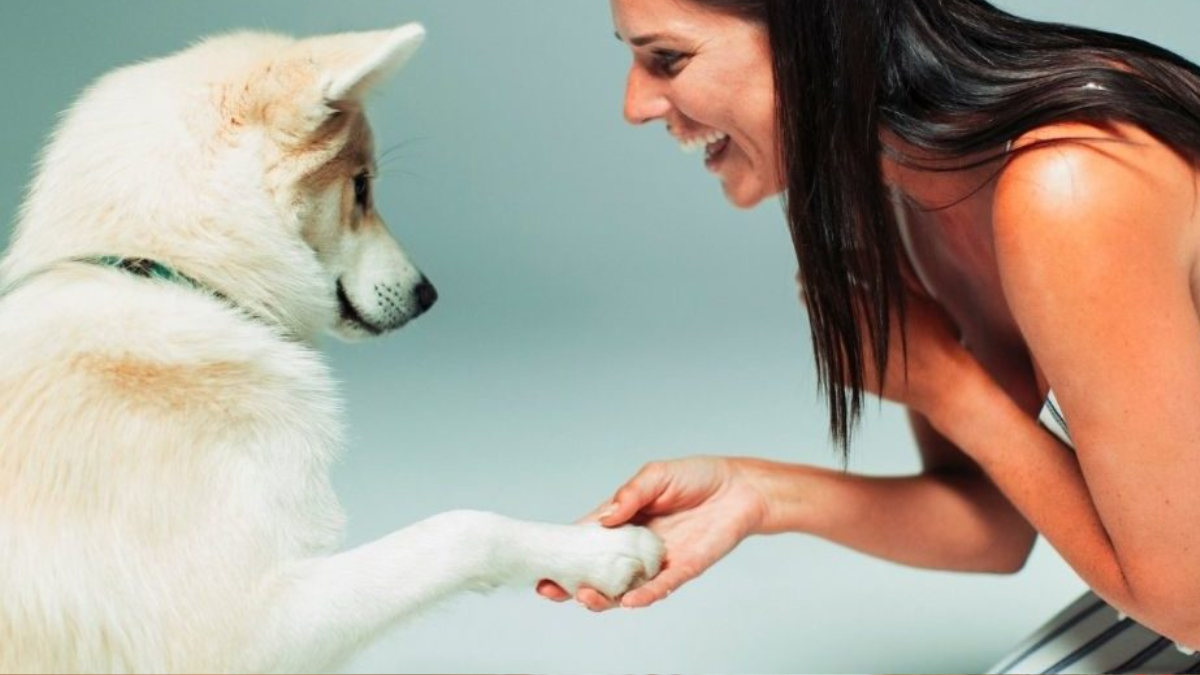
It is important to avoid punishment or negative reinforcement, as this can lead to fear and anxiety in your dog. Instead, focus on rewarding good behavior and redirecting undesirable behavior positively and constructively.
By following these safe socialization practices, you can help your dog become a confident and well-adjusted member of your urban community.
Urban Environment Challenges
Navigating Crowded Spaces
Living in an urban environment means that dogs are often exposed to crowded spaces such as sidewalks, parks, and public transportation. This can be overwhelming for some dogs, especially those who are not used to being around large groups of people or other dogs. Owners should train their dogs to walk on a loose leash and to be comfortable around other dogs and people. It is also important to keep a watchful eye on your dog to prevent them from getting into conflicts with other dogs or people.
Dealing with Urban Wildlife
Urban environments are also home to various types of wildlife such as squirrels, rats, and birds. Dogs may be tempted to chase or hunt these animals, which can lead to dangerous situations. Owners should keep their dogs on a leash and avoid letting them off-leash in areas where wildlife is present. It is also important to keep dogs up-to-date on their vaccinations to prevent them from contracting diseases from wild animals.

Coping with Loud Noises
Cities are often noisy places, with sounds such as traffic, construction, and sirens. Dogs can become anxious or stressed by these loud noises, which can lead to behavioral issues. Owners should provide a safe and quiet space for their dogs to retreat to when loud noises occur. This can be a crate or a designated room in the home. Additionally, owners can desensitize their dogs to loud noises by gradually exposing them to the sounds in a controlled and positive manner.
Overall, socializing a dog in an urban environment requires patience, consistency, and a willingness to adapt to the challenges that come with city living. By training and preparing their dogs for crowded spaces, wildlife encounters, and loud noises, owners can help their pets feel more comfortable and confident in their urban surroundings.
Socialization Opportunities
When it comes to socializing your dog in an urban environment, there are plenty of opportunities available. Here are some of the most popular options:
Dog Parks and Playgroups
Dog parks and playgroups are great places for your dog to interact with other dogs and people. They provide a safe and enclosed space for your dog to run, play, and socialize. Many cities have multiple dog parks, so make sure to do your research and find the one that's best for you and your furry friend.
When visiting a dog park, it's important to keep an eye on your dog and make sure they're playing nicely with others. Some dog parks may have specific rules or requirements, such as proof of vaccinations or leashing requirements, so be sure to check before you go.
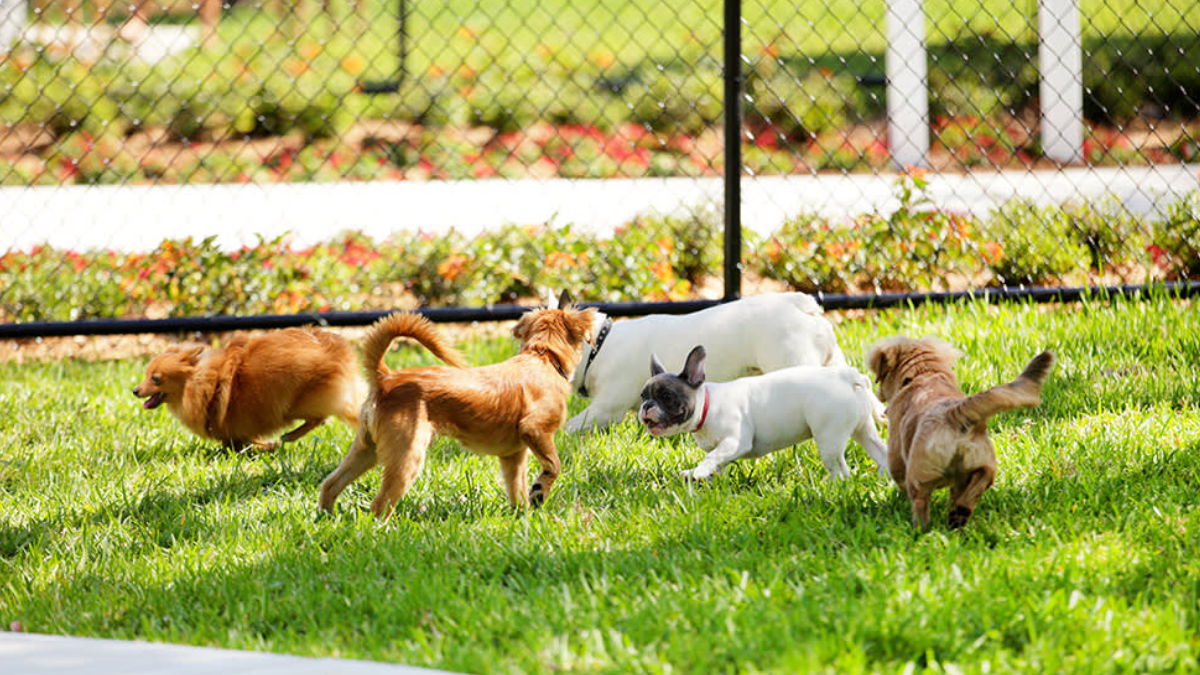
Pet-Friendly Events
Many cities host pet-friendly events throughout the year, such as dog-friendly festivals, parades, and fundraisers. These events provide a fun and social atmosphere for both you and your dog. Plus, they offer a chance for your dog to meet new people and other dogs in a controlled environment.
Keep in mind that not all events are suitable for all dogs. Some events may be too crowded or noisy for dogs that are easily overwhelmed. Always make sure to research the event beforehand and assess whether it's a good fit for your dog's personality and temperament.
Doggy Daycare and Training Classes
Doggy daycare and training classes are great options for socializing your dog in a structured environment. These facilities offer opportunities for your dog to interact with other dogs and people while also learning valuable skills and behaviors.
When choosing a doggy daycare or training class, make sure to do your research and find a reputable facility with experienced staff members. Look for programs that focus on positive reinforcement and reward-based training methods.
Overall, there are many socialization opportunities available for dogs in urban environments. By taking advantage of these options, you can help your furry friend become a well-adjusted and socialized member of your community.
Monitoring Your Dog's Behavior
Recognizing Signs of Stress
It is important to monitor your dog's behavior when socializing with them in an urban environment. Dogs can become stressed in new situations, and it is important to recognize the signs of stress to prevent your dog from becoming overwhelmed.
Some signs of stress in dogs include panting, drooling, yawning, and pacing. Additionally, your dog may exhibit avoidance behaviors such as hiding behind you or trying to escape the situation. If you notice any of these signs, it may be time to take a break and allow your dog to relax.
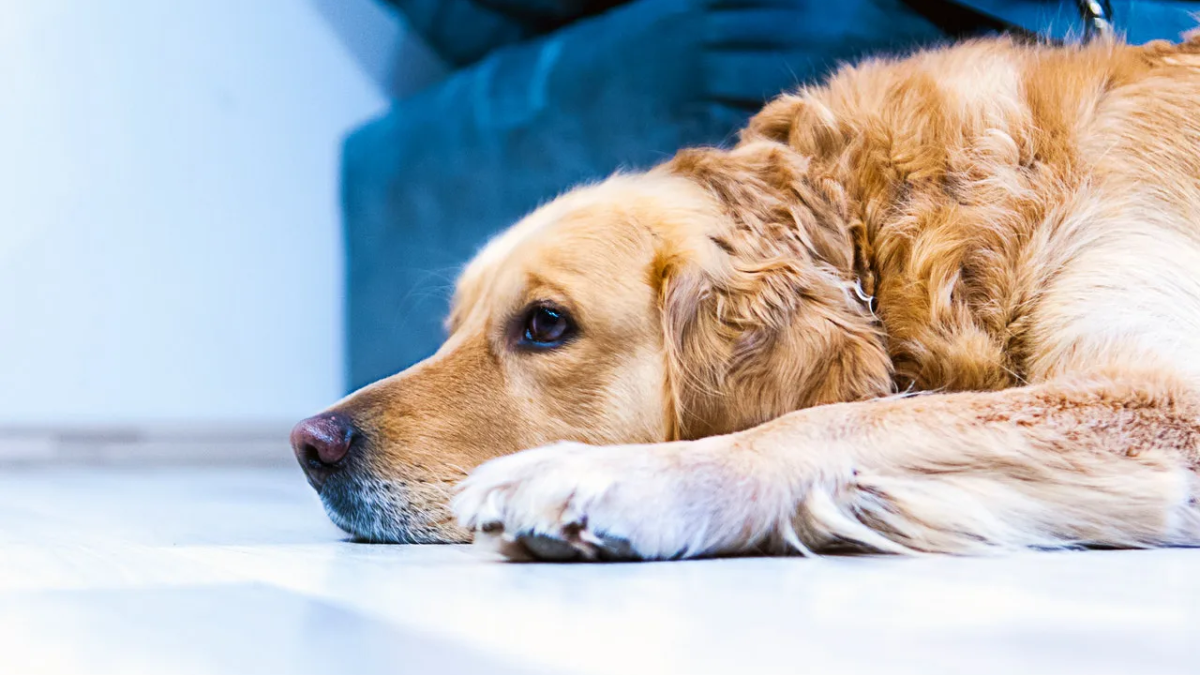
Knowing When to Intervene
While socializing your dog, it is important to know when to intervene. If your dog is exhibiting aggressive behavior towards other dogs or people, it is important to remove them from the situation immediately. This can prevent any potential harm to other dogs or people.
It is also important to intervene if your dog is being bullied by other dogs. This can cause your dog to become fearful and stressed, and can negatively impact their socialization experience. In these situations, it is important to remove your dog from the situation and find a more suitable playmate.
By monitoring your dog's behavior and recognizing signs of stress, you can ensure that your dog has a positive socialization experience in an urban environment. Knowing when to intervene can also prevent any negative interactions and keep both your dog and others safe.
Health and Safety Considerations
Vaccinations and Health Checks
Before socializing your dog in an urban environment, it is important to ensure that your dog is up-to-date on all necessary vaccinations. This will help protect your dog from common diseases that are prevalent in urban areas. Additionally, it is important to schedule regular health checks with your veterinarian to ensure that your dog is healthy and fit for socializing.
Leash and Equipment Safety
When socializing your dog in an urban environment, it is important to use appropriate equipment to ensure your dog's safety. A sturdy leash and collar are essential for controlling your dog and preventing them from running into traffic or getting lost. It is also important to ensure that your dog's collar or harness fits properly and is not too loose or too tight. Using reflective gear or a light-up collar can also help increase your dog's visibility in low-light conditions.
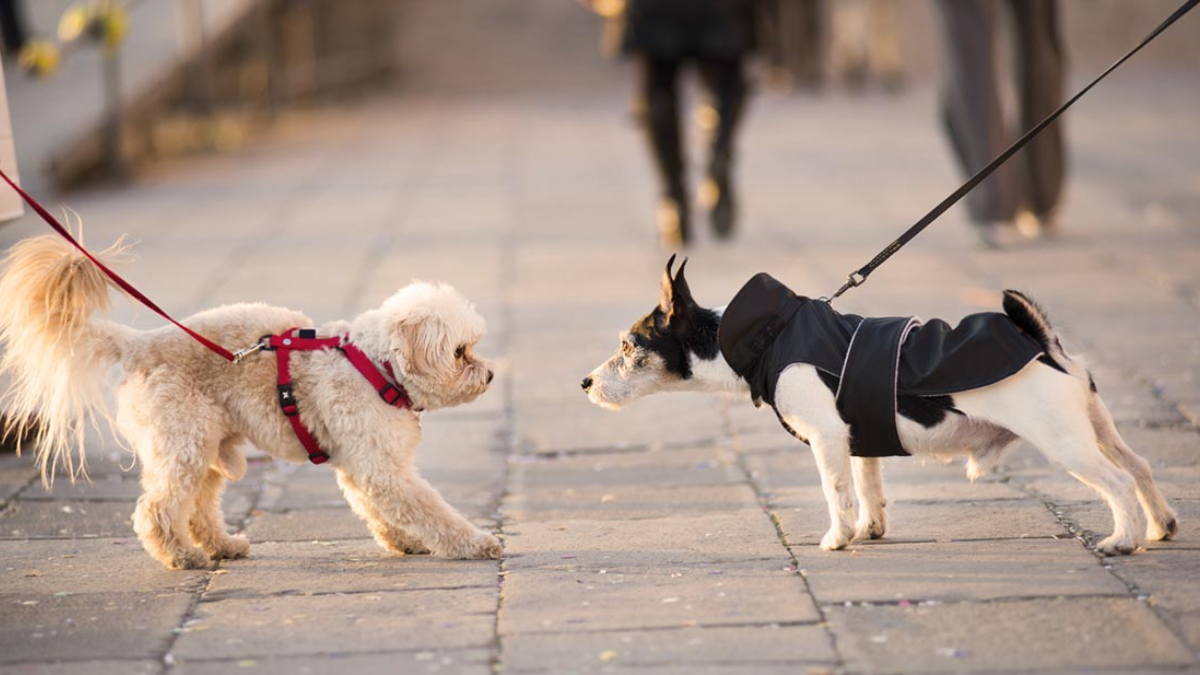
Emergency Preparedness
While socializing your dog in an urban environment, it is important to be prepared for emergencies. Keep a first aid kit on hand in case your dog gets injured, and make sure you know the location of the nearest emergency veterinary clinic. Additionally, it is a good idea to have a plan in place in case your dog gets lost or separated from you. This may include having identification tags on your dog's collar, microchipping your dog, and carrying a recent photo of your dog with you.
By following these health and safety considerations, you can help ensure that your dog stays safe and healthy while socializing in an urban environment.
Conclusion
In conclusion, mastering the art of socializing your dog in an urban environment is essential for both their well-being and yours. By implementing the tips and techniques outlined, you can ensure that your furry companion thrives in the bustling cityscape.
Remember, patience and consistency are key. Gradually expose your dog to various stimuli, such as different sounds, sights, and interactions with other dogs and people. Positive reinforcement and rewards for good behavior will encourage them to feel more confident and comfortable in their surroundings.
Additionally, seek out opportunities for structured socialization, such as dog training classes or visits to dog parks. These environments provide controlled settings for your dog to interact with others under supervision, helping to build their social skills in a safe and controlled manner.
Above all, be an advocate for your dog's needs. Pay attention to their body language and comfort levels, and be prepared to adjust your approach accordingly. With time, patience, and dedication, you can help your dog become a well-adjusted and socially adept urban dweller.
So, embrace the journey of socializing your dog in an urban environment. It's a rewarding experience that strengthens the bond between you and your furry friend while enriching their lives in the vibrant city setting.




